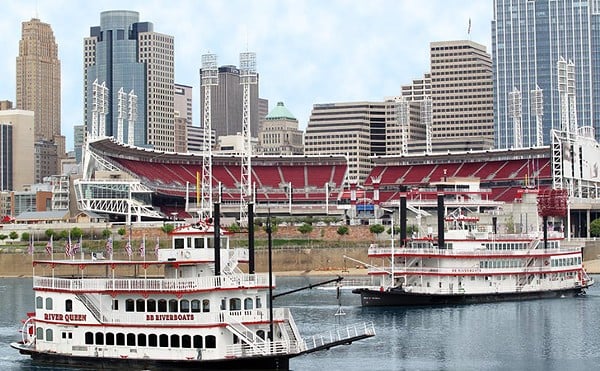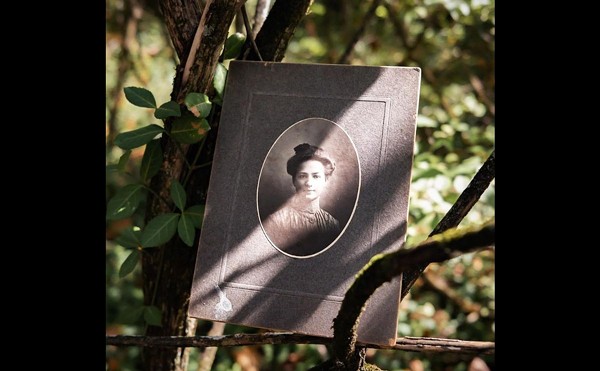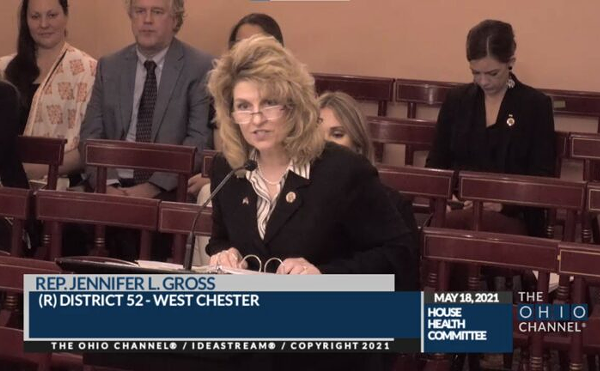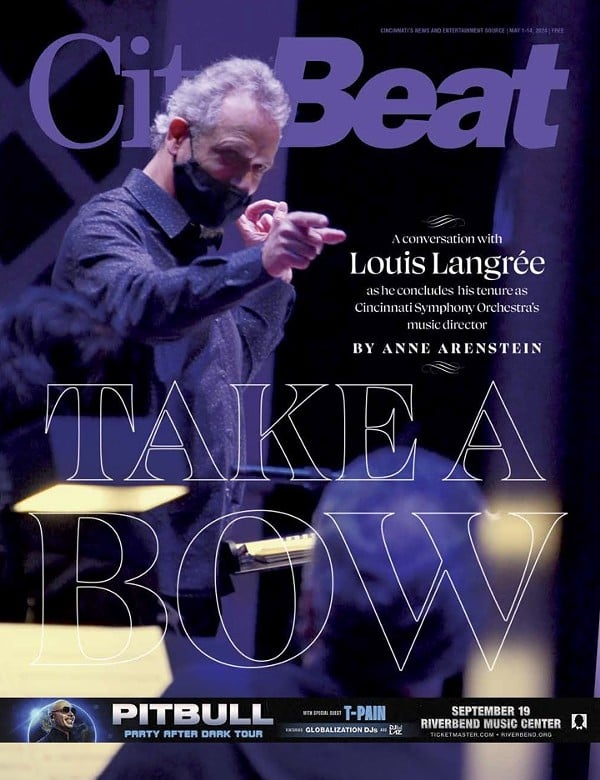|
The Reds did themselves no favors last week when they did Barry Larkin the favor of telling him he won't be back next year. Here's hoping Larkin will do himself a favor and use the opportunity to forge another championship and a campaign, if quietly, for his Hall of Fame election.
Where the Reds go from here is anyone's guess, though the smart money says they aren't going to the playoffs any time soon. So if Larkin didn't spend September auditioning for utility infielder on a bad ball club playing two shortstops who will never be as good as he is today, well, it's easy to share his lack of enthusiasm.
Larkin and the Reds are in different stages of life. If Larkin's going to win, it has to be now. He and the Reds no longer could be committed to each other because they aren't otherwise committed to the same immediate or long-term goals.
Larkin's departure truly marks the end of an era, and one hopes it doesn't symbolize permanent decline for the Reds. We're into four straight losing seasons now and, if there's light at the end of the tunnel, it's way out of sight. The Reds were a very different kind of operation when they let go of Davey Concepcion in 1988, able to replace one great shortstop with another.
Now that it's Larkin's turn to go, they can't replace him. They've cut out their center on faith that a new center will form in his place. It speaks volumes about how the Reds operate these days that Larkin's removal is the most significant player move of Dan O'Brien's tenure as general manager. And it's typical of the post-Jim Bowden era in that the Reds are continually starting over.
It isn't O'Brien's fault the Reds don't have Larkin's replacement, since he's been on the job for just a year. But he's putting an awful lot of pressure on Felipe Lopez, who isn't known for his poise with a ground ball, and Anderson Machado, who isn't known for anything.
Remarkably, in Larkin's case, ownership twice saved the front office from going off half-cocked, keeping him around for an extra two contracts worth four years. If that was four years too long for some officials, those officials still haven't produced a shortstop in the extra time they've been given.
In some corners of the Reds, Larkin has been seen in recent years as an anachronism well past the prime of his glorious past. Worse, he's even been a bit of a nuisance for baiting management when he didn't see enough concern about winning.
But Larkin will be remembered by appreciative Reds fans as the most complete and best situational player of his time, the top of which was years ago. In 1995, on 15 homers, 51 steals and a .319 average, the writers awarded him Most Valuable Player because his total game, presence of mind and clubhouse leadership so clearly transcended his numbers that no one could miss it.
Then, as if to show he could do real MVP numbers, Larkin came back the next year as the first shortstop ever to hit 30 homers with 30 steals. Add in the 1990 World Championship, the numerous gold gloves and the memory of how he disrupted opponents on the bases. Remember how he could close on a line drive to his right or a ground ball on the right field side of second base and make a perfect throw going away from his body.
At the top of his game, Larkin was a Hall of Famer. But that was years ago, and a lot of water has gone under the bridge. The Reds have declined, baseball went away from the small ball at which he was so adept and a new generation of shortstops — particularly Derek Jeter in New York and Nomar Garciaparra in Boston — began captivating the Eastern media.
Larkin's playing it cool, telling reporters he'll see if any opportunities present themselves to play next year. One hopes he has more specific intent. In particular, it would serve Larkin well to hook on with the Yankees, which would expose him to the New York media and give him a chance to win. If he can pick up the double play pivot at age 41, he could play 100 games at second base.
The change to a winning environment stands to bring back some of what his body has lost in recent years. And if he can be anything like the player he was, New Yorkers will wonder what took so long for him to get there.
Larkin can hang them up right now and preserve the distinction of playing his entire 19-year career with the Reds. It would be a neat little song for the romantics, but that and 75 cents will get him a copy of USA Today.
It doesn't really matter. We still vividly associate Babe Ruth with the Yankees, Henry Aaron with the Braves, Harmon Killebrew with the Twins and even Pete Rose with the Reds, even though they also played with other clubs.
Larkin doesn't need trivial distinctions — not when real distinction is at hand. He can't play 140 games per year anymore, but he can help a good club win a pennant. He still can make friends, influence people and expand his opportunities from the ball field. This isn't the end of the world for him.
If the Reds kept Larkin around for another year, we'd all say thanks, but the future would be all too certain. Suddenly, the future is rife with possibility for Larkin, if he can drag his bones through the work needed to do his best.
PR meets BS when ballplayers say they never in their wildest dreams considered the Hall of Fame. The best players want to be the best, and they want to be recognized as such. But the Hall of Fame balloting is a skittish animal given to the persistence or resistance of memory.
Even if Larkin should go into the Hall of Fame, that doesn't mean he will. It's so much about perception. Today, he's a borderline candidate who will pull all the Cincinnati votes, many of the National League votes and relatively few American League votes. He needs a little more, and it's there for him to take.
Once upon a time, Bruce Sutter and Ryne Sandberg were sure-fire Hall of Famers, then they fell under the radar. Unfortunately, Larkin has fallen under that radar as well. And if he just hangs them up right now, that's where he'll stay.
Or he can go to the Yankees, play second base, take another stand on the October stage and make plays from there. Just being a real good player who's also a go-to guy for reporters in the Yankee clubhouse would help him in so many ways.
If that doesn't seem important, then explain why the Yankees keep Tony Clark around. While Clark backs away from strikes and the Yankees are better served with John Olerud as their left-handed hitting first baseman, he does a great TV interview from the clubhouse. With the Yankees, that matters. Just don't accuse the boss of being cheap.
Barry Larkin has been much too great of a ball player, and he still has much too much to give to just fade away like this. Whether he does or doesn't, that's not the Reds' choice. Today, it's his.





